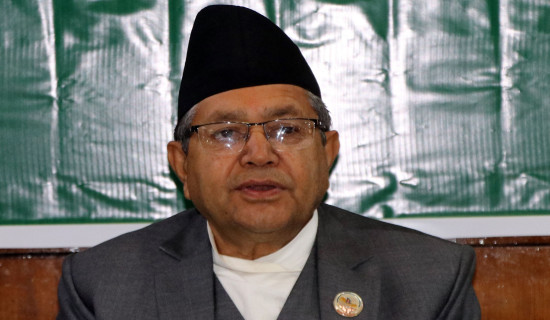- Saturday, 18 May 2024
The Choice Paradox
Claudia Skowron MS
The saying goes “choice equals freedom, and freedom equals happiness.” The ability to make decisions and have options and endless possibilities, then, correlates to freedom and happiness. It sounds simple: the more choice people have, the more happiness they should feel. Did you know that the average grocery store contains roughly 200 different types of salad dressings? This provides a seemingly endless number of options to top your salad. But decision-making also takes time and energy. The average person will spend at least 10 minutes in the salad dressing aisle when deciding on a new dressing, even if they know the style of dressing they are looking for. But endless choice doesn’t just take up time and energy. Psychologist Barry Schwartz discusses several other implications of excess choice.
In his book The Paradox of Choice, Schwartz discusses how “the culture of abundance robs us of satisfaction” and how less is actually more when it comes to choice and decision-making. Schwartz addresses the following as negative consequences of excess choice: With such an abundance of options, it’s easy to slip into “analysis paralysis.” With so many options, overanalysing or overthinking keeps us stuck. Our energy is now going into thinking instead of doing. This can feel productive as it does take up energy, but there is no behaviour or action to show for it. The act of choice, or making a decision, is a behavior, but our energy investment is being pulled into analysing and away from behaviour. As a result, no decision is made; we “freeze” or become too overwhelmed with options.
Have you ever made a decision, but contemplated on whether it was the right one? What could it have been if I chose Option B? Would I have been happier with Option C? Perhaps the decision you made was a great decision. Perhaps it genuinely brings joy and happiness, but the “what if” is robbing. Schwartz discusses how it’s easy to imagine that you could have made a different choice that could have been even better, and this regret subtracts the satisfaction you get out of the decision, leading to less satisfaction. What we gather from this is that less choice can actually create more satisfaction.
Schwartz discusses an example of how this can be seen in our health care system. When patients go to see a doctor, they are given choices. Do you want to try medication A or medication B? Do you want to try this procedure or that procedure? The doctor states the pros and cons of each option, then puts decision-making on the patient. The purpose is good, intending to create patient autonomy, but in many ways it can also easily become a deflection of responsibility. Another example of this can be seen in therapy. The client comes in with issue A. Through conversation, issue B and issue C arise as evident problems.
The client states that he does not want to work on issue B or issue C, although these issues are impacting issue A. The therapist complies and issue B or issue C are not tended to because the client chose not to work on them. Minimal progress is made because of this, but the therapist is able to deflect responsibility. Therapists are taught to “meet the client where they are at” or “roll with resistance.” Although this is true, it is also the responsibility of a therapist to challenge clients where needed and assume responsibility in their care instead of allowing the clients to make all decisions.
So how do we break the satiation of decision and choice? We can do this quantitatively, by adding number constraints, and qualitatively, by adding knowledgeable consultants. Eight appears to be the magic number (plus or minus two) when discussing options.
According to a study in the journal, Natural Human Behavior, researchers at Caltech suggest that eight choices (plus or minus two) is the ideal amount to make us feel like we have enough options without overwhelming us.
In short, we know that choice doesn’t necessarily equal freedom or happiness. Instead, it can create the opposite. There is no question that some choice is better than none, but more choices are not better some.
- Psychology Today















